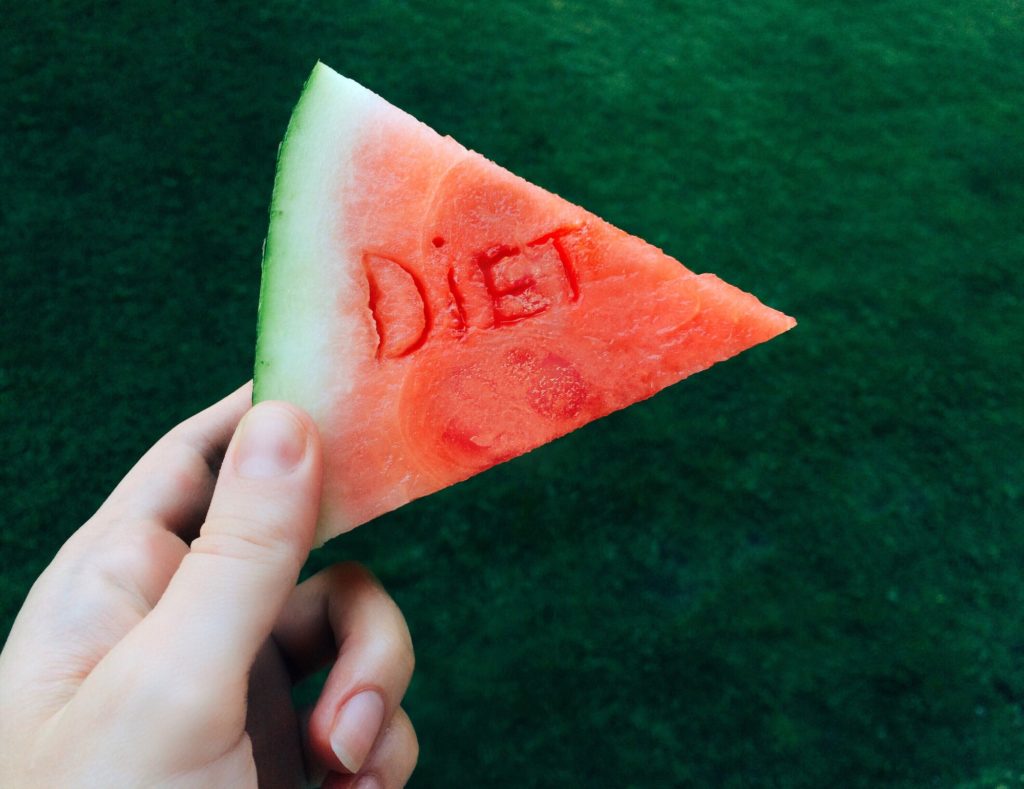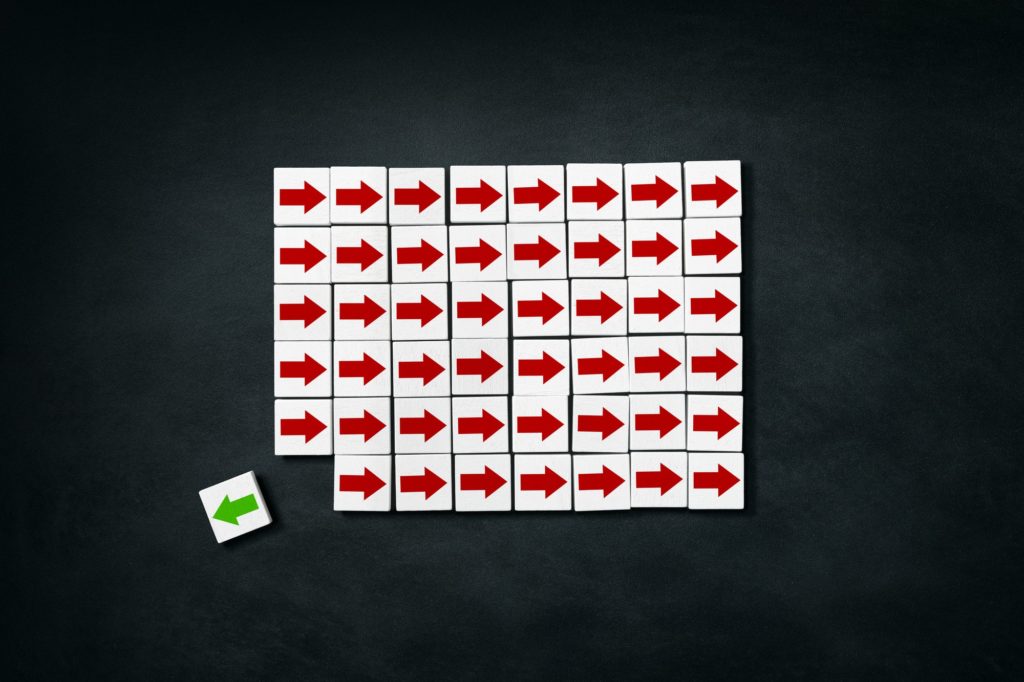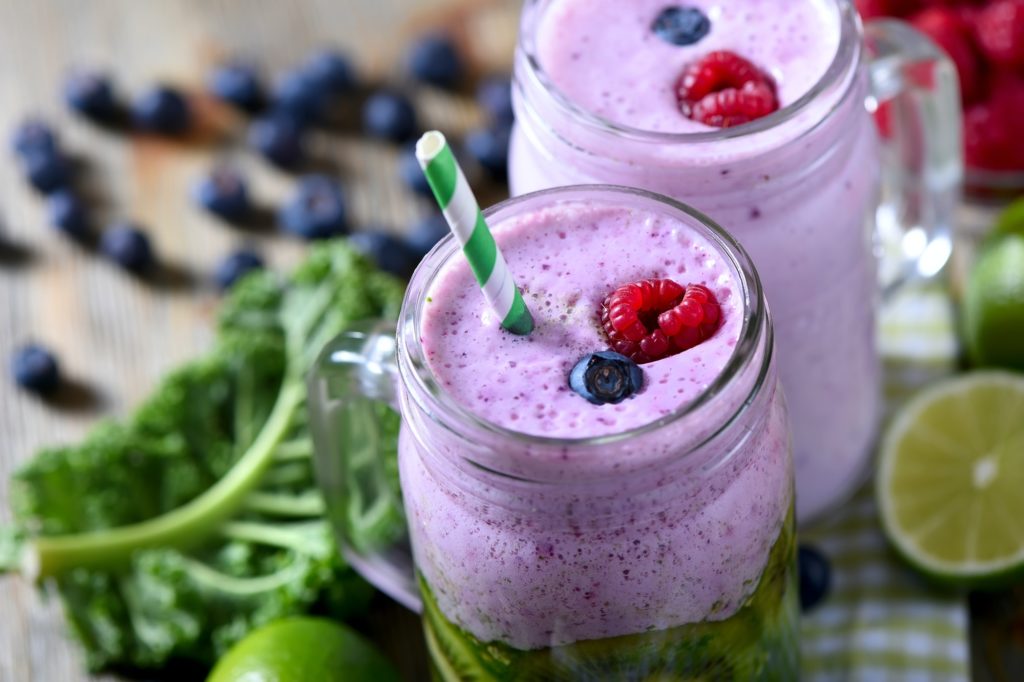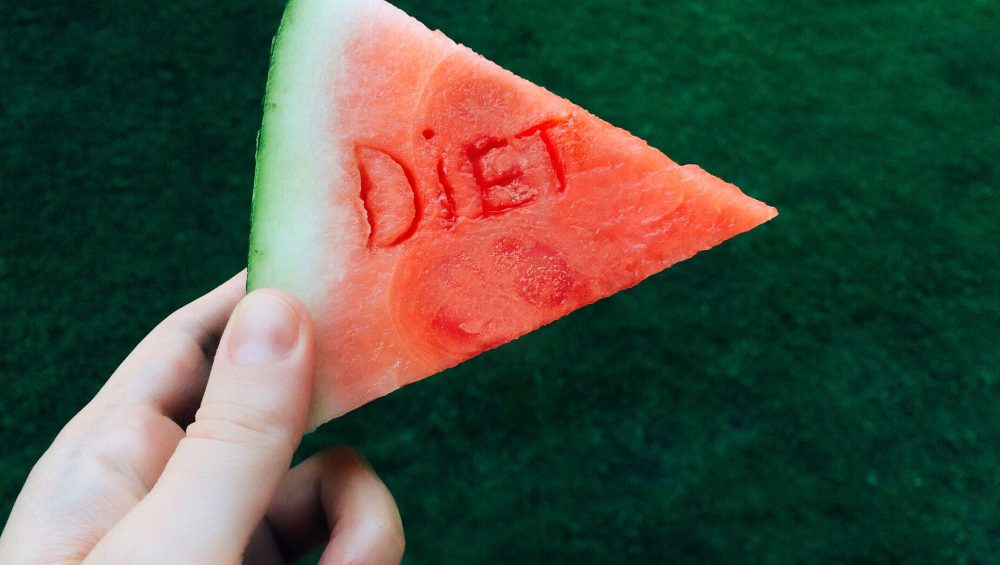Today’s guest post comes courtesy of Minneapolis based personal trainer and nutrition coach, Megan Schall. Megan’s been a distance coaching client of mine for a number of years (I write her training programs), but is someone I’ve referred many other clients to when they have any nutritional needs or questions.
She’s an awesome coach.
I’m always excited when I can provide sound and accessible nutrition based content on the site and I think you will appreciate Megan’s down-to-Earth approach and tone.
Enjoy!

Diets Don’t Work
According to Merriam-Webster’s online dictionary, the word “diet” has a few different definitions:
- Food and drink regularly consumed
- A regimen of eating or drinking sparingly so as to reduce one’s weight
- To eat according to prescribed rules
- (Added by TG) Doing everything in one’s power not to throw their face into an ax after avoiding carbohydrates for a week.
I’m guessing for most people, hearing the word diet brings up thoughts of the latter two definitions (excluding Tony’s brief interlude) – eating and drinking according to certain rules and/or with the aim of losing weight.
And when you have goals relating to your health, wellness, physical performance, or aesthetic appearance, what you eat is certainly a key player.
It would seem that if following a certain diet is going to help you reach your goals, you’d be motivated and excited to hop on board, yes? Shouldn’t it be easy to stick to a diet, see results, and keep it up?
Um, no.
If you’ve ever followed (or attempted to follow) a diet before – whether that means eating or avoiding certain foods, counting calories, points, or other numbers-based programs, or eating according to a specific schedule, you’re probably well aware of the challenges that come up.
![]()
(Of course, some people will need to follow certain “diets” to manage conditions or diseases, or for ethical or religious preference – being gluten free if you have Celiac for example, or avoiding animal products etc. For the purpose of this blog post, I am NOT referring to these kinds of diets. There will always be exceptions to any rule!)
So, why do diets routinely fail to produce results? And what can you do instead?
In my view, diets are problematic for several reasons:
1. Diets Are Inherently Restrictive and Create a Deprivation Mindset
As I mentioned, the very definition of the word diet is to eat sparingly or according to rules – to restrict your eating.
When you create restrictions or try to follow a rigid plan, your brain is in a state of stress and anxiety.
And when your brain is feeling stress and anxiety, it’s not just an uncomfortable place to be, but it’s also extremely difficult to make or sustain change.
Plus, restrictions – and the stress and anxiety they produce – usually result in a feeling of deprivation. Which creates more stress and anxiety.
Have you ever had the experience of trying to avoid a certain food, only to find that all you’re doing is thinking about the food you’re supposed to avoid?
Your brain is in a negative feedback loop: Restrictions –> anxiety and stress –> deprived –> anxiety and stress etc.
When you’re caught in this negative head space, it’s a pretty miserable place to be. And being miserable does not bode well for forward progress or positive change.
2. Diets Take Away Your Autonomy
Diets are telling you what to do. No one likes to be told what to do. And when you are told what to do, what usually happens? You rebel and do the exact opposite.

Having a sense of autonomy and control over your choices is key when it comes to behavior change that lasts. Giving away your autonomy to a diet plan is almost always going to backfire in the long run.
Not only that, you’re essentially outsourcing your hunger and fullness cues and food enjoyment to your diet plan.
You’re letting a diet dictate what you eat or when you eat or how much you eat, and it’s easy to lose touch with what your body really wants and needs.
This often leads to less enjoyment of food and eating, and you may feel unsatisfied even if you’re consuming more than enough.
It’s a lose-lose situation.
3. Diets Are Unsustainable
I think we’ve established that there isn’t a lot of enjoyment in a diet. And when there is no enjoyment, there is no sustainable, lasting change.
You might be able to follow a diet for a certain period of time – and you might even see great results – but eventually the restriction, stress brain, and lack of autonomy is going to catch up with you.
The whole idea of being “on” or “off” a diet makes it clear that these approaches are not built for the long haul. They may provide a quick fix, but they’re not helping you create long-term strategies that last.
5. Diets Don’t Factor in Your Real Life
This is a big one that I think gets overlooked: Diets are not meant for the actual life you are living.
Diet plans might work when conditions are ideal – when you don’t have a lot of other stressors going on, when your life is fairly stable and routine, and when you can put a lot of energy and effort into it.
But this is not reality for most people most of the time. Not everyone has the luxury to be able to make free range kale smoothies made with organic acai berries grown using unicorn tears and almond milk harvested from Jesus’s belly button.

You have jobs and families and responsibilities and crises…and that’s on a good day!
Real life is not counting calories or macros. Real life is work lunches and dinners with friends and family barbeques and birthday parties.
Diet plans don’t tend to fit seamlessly into real life. And if something doesn’t fit naturally into your reality, it’s not going to last.
6. Diets Ignore Underlying Factors
Another important consideration that diets miss are the many underlying issues that prevent people from making better nutritional choices, or really just implementing any change in the first place.
For example, if you’re chronically sleep deprived, it’s going to be extremely difficult to make the choices you want to make around food and eating, or movement, or whatever else in your life.
If you’re unable to manage stress appropriately, it’s going to affect those choices as well (not to mention make it hard to get good sleep! Cue the vicious cycle).
Diets work on the assumption that these other key factors of your health and well-being are taken care of, but at least in my experience, that is rarely the case.
Just like you can’t out-exercise a poor diet, you can’t out-diet poor sleep or stress management.
Addressing the foundational principles of good health needs to happen first.
Ok. Diets Don’t Work. Now What?
Perhaps you’re wondering:
If diets don’t work, what am I supposed to do? What are my other options?
I’m so glad you asked!
In a nutshell: You want to find what works best for *you* and fits into *your real life*, by developing skills and strategies that you can implement consistently over time and adapt as needed.
Instead of relying on a diet plan to tell you what to do, you can learn how to create your own path by building your toolbox and practicing the steps that move you in the right direction.
Learning and practicing the skills you need to get you where you want to go will be far more valuable -and get you far better results – than following a set of strict rules ever will.
- Instead of trying to follow a certain diet plan, you could practice eating more slowly and noticing your own hunger and fullness cues.
- You could try noticing and naming other factors that affect your food choices (sleep, stress, exercise etc.), and see if making changes in those areas is an effective way to change your eating habits.
- Instead of counting calories or macros or points, you could experiment with what portion sizes work for you, and learn how to adapt depending on your hunger, appetite, or activity levels.
- You could take note of how different foods make you feel or perform, whether that’s in the gym, at work, or just life in general.
- Instead of restricting foods, you could practice enjoying meals without feeling guilty or overeating.
- Instead of following a meal plan, you could develop planning and prepping strategies that fit into your life – so you can create your own meal plans that adapt to life’s ups and downs.

Obviously, this all takes time and effort, and may feel like it will be way harder than being given a set of diet rules or a meal plan to follow.
But by making small changes over time, you can build the skills and strategies you need to make the best choices for you, your lifestyle, and your goals. (Hint hint: having a coach can come in handy!)
This approach is the opposite of an extreme diet: It’s sustainable, it gives you autonomy, it’s not restrictive or depriving, and it takes into consideration underlying issues and the context of your real life.
Ditch the diets.
Build skills that will last for the long-term.
Get results without hating life.
Dominate the world.
(Ok, I can’t guarantee that last one – but if it works…you’re welcome.)
About the Author
About the Author
 Megan Schall is a certified nutrition coach and personal trainer located in Minneapolis, Minnesota. Through her customized online nutrition coaching programs, Megan helps you clarify your goals and take action to address all aspects of well-being: nutrition, sleep, stress management, movement, mind-body awareness, and more. By building skills and routines that fit into your real life, Megan will help you make changes to your nutrition and self-care habits to meet your health and wellness goals and create sustainable, lasting results.
Megan Schall is a certified nutrition coach and personal trainer located in Minneapolis, Minnesota. Through her customized online nutrition coaching programs, Megan helps you clarify your goals and take action to address all aspects of well-being: nutrition, sleep, stress management, movement, mind-body awareness, and more. By building skills and routines that fit into your real life, Megan will help you make changes to your nutrition and self-care habits to meet your health and wellness goals and create sustainable, lasting results.





